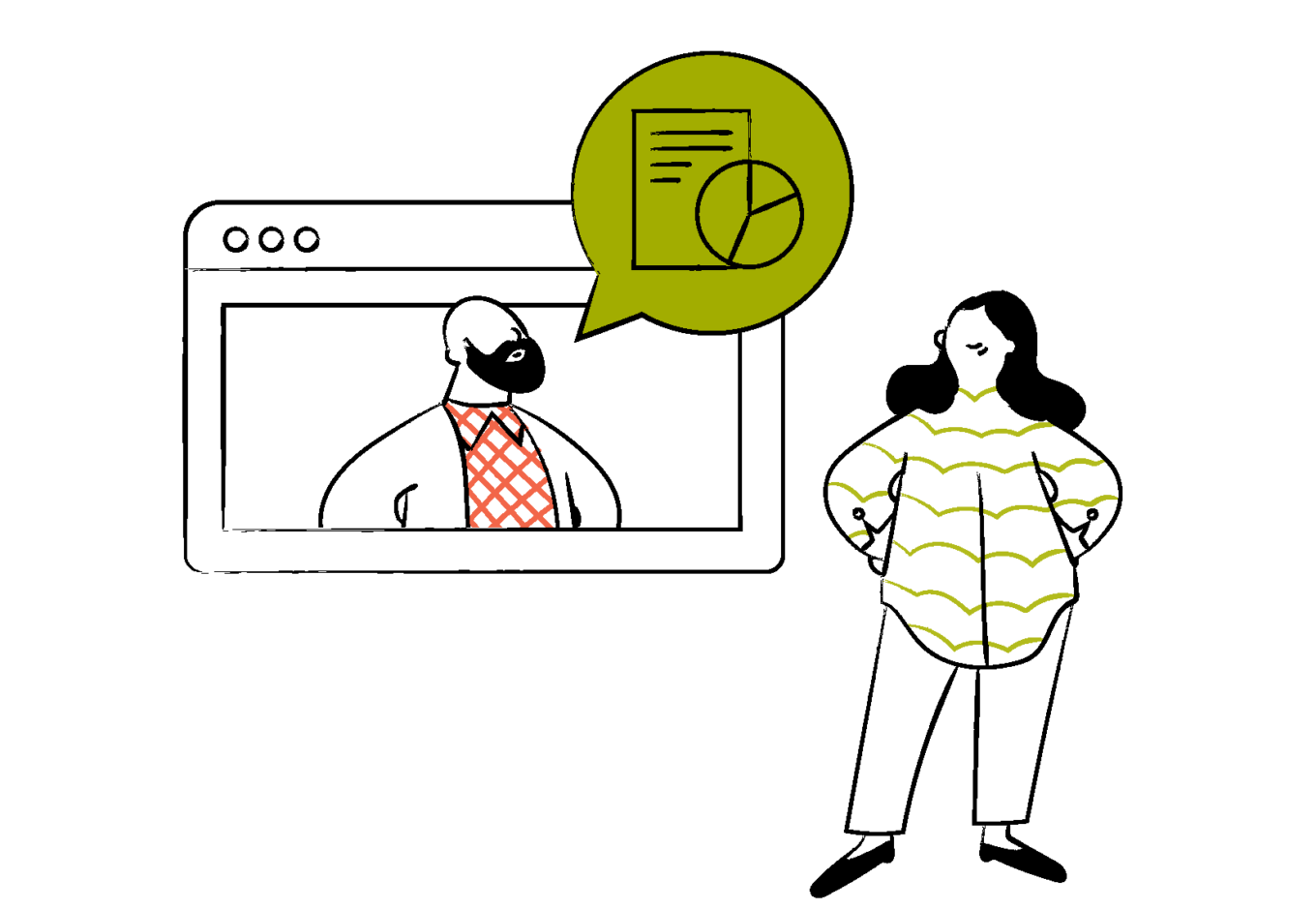What does ‘getting it right’ look like in 2022 for food and beverage companies?
Our latest Authenticity Gap Report indicates that consumers are hungry for food and beverage companies to ‘do the right thing’

A year ago, the world was in flux and the future of everything felt very uncertain.
As we start 2022, it feels like we are in a different place. Much has changed, but how has it changed and is it for the better?
We’ve protested in the name of diversity, equality and inclusion and much more, and we’re not afraid to put our money where our mouths are. Yet, there is still a long way to go.
We’ve seen some brands thrive in this new environment and others cease to be. Those that were able to pivot their business models while also giving back to communities have, rightly, become local heroes. And as consumers, we increasingly want to do what’s right and companies can learn from these behaviours too.
Public Relations used to be seen as the poor cousin in the marketing family. These days, however, more and more businesses and organisations are drawn into invigorating dialogues with their publics. It matters what they say and when, and if they get that wrong, clients and brands risk being ‘cancelled’. Never has there been a better time to think, pause and assess before we hit send.
As one of the world’s leading communications agencies, FleishmanHillard makes time to understand what expectations informed audiences have towards the brands we work with and we tally this against what they say about their experience of them. We support our clients with managing any gaps between these expectations and experiences and, in doing so, help them to communicate with an authentic voice. In turn, this helps them forge strong and lasting connections with those audiences that matter most to them.
When looking at the food and beverage industry, our 2021 ‘Authenticity Gap’ research shows many of the leading companies in the sector are doing well, but not always in those areas that informed consumers care most about.
For example, food and drinks companies are exceeding expectations of informed consumers around innovation by nearly 10%, with expectations at 5% and experiences at nearly 15%.
There are many ways for the industry to demonstrate this, including offering products with more sustainable packaging; less salt and sugar but the same delicious taste; plant-based ‘meat’ alternatives; and delivery options that provide food to fridges within minutes of ordering. Such stories have become commonplace and as such are less likely to provide differentiation for brands against their competitors, which might explain why informed consumers ranked innovation 6th in terms of how important a driver of reputation it was to them.
However, informed consumers have clear concerns over the ethics of food and beverage companies, and this is ranked the 2nd most important driver of reputation for them.
Expectations for brands to ‘do the right thing’ are the highest of any industry (17%), but reported experiences are the lowest of any sector (6%). This shortcoming may also be linked to informed consumers’ dissatisfaction with food and beverage companies’ care for their employees (-3.6%) and community action (-3.4%).
Clearly, it’s no longer good enough to state your company goals and objectives on your website. Consumers want to experience businesses and organisations living and breathing these values in real life too. Communications that capture positive human experiences will likely help to shift companies’ reputations for ‘doing right’ over the coming twelve months.
As Jack Ma, the founder of Alibaba and philanthropist once said, “Success and profitability are the outcome of focusing on customers and employees, not objectives.” Do you agree? We would welcome the opportunity to discuss further how authentic communications can add value to your business in the year ahead.
Find Out More
-
Platinum CMS Award
March 13, 2024
-
Changing Communications Tack at Mobile World Congress
February 21, 2024


